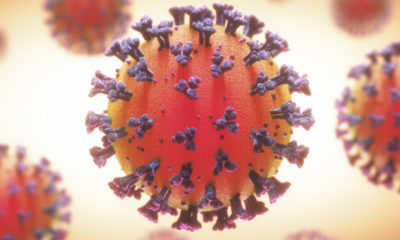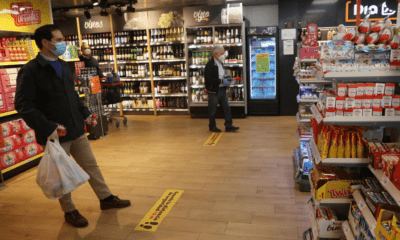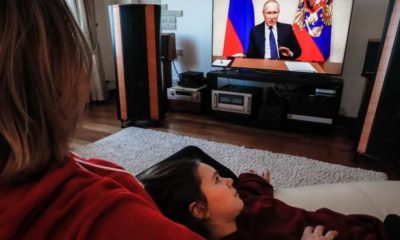WORLD NEWS
Singapore Reports 931 New Coronavirus Cases, Taking Total To 13,624
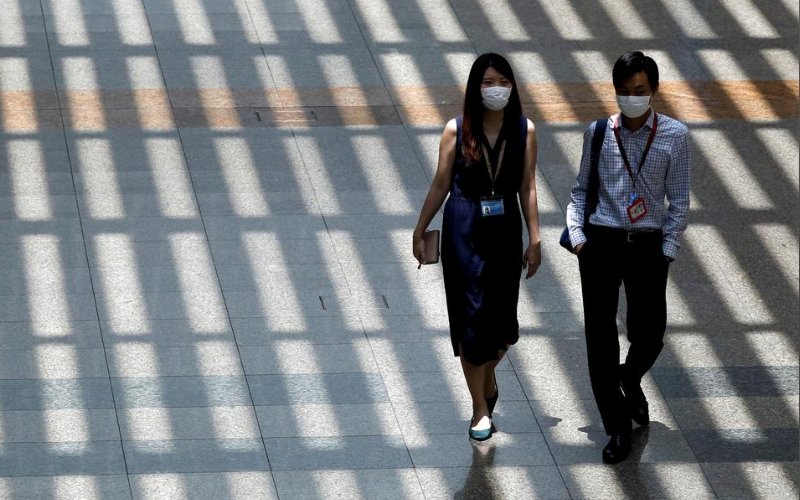
Singapore registered 931 new coronavirus infections, its health ministry said on Sunday, taking the city-state’s total number of COVID-19 cases to 13,624.
The vast majority of the new cases are migrant workers living in dormitories, the health ministry said in the statement. Fifteen of the new cases are permanent residents.
The number of new cases rose from 618 reported on Saturday.
The tiny country of 5.7 million people now has one of the highest infection rates in Asia, according to official figures, due to outbreaks in cramped dormitories housing over 300,000 mainly South Asian workers.
Sourced From: Reuters: World News
WORLD NEWS
Spain’s Kids Prepare For Freedom After Six-Week Lockdown
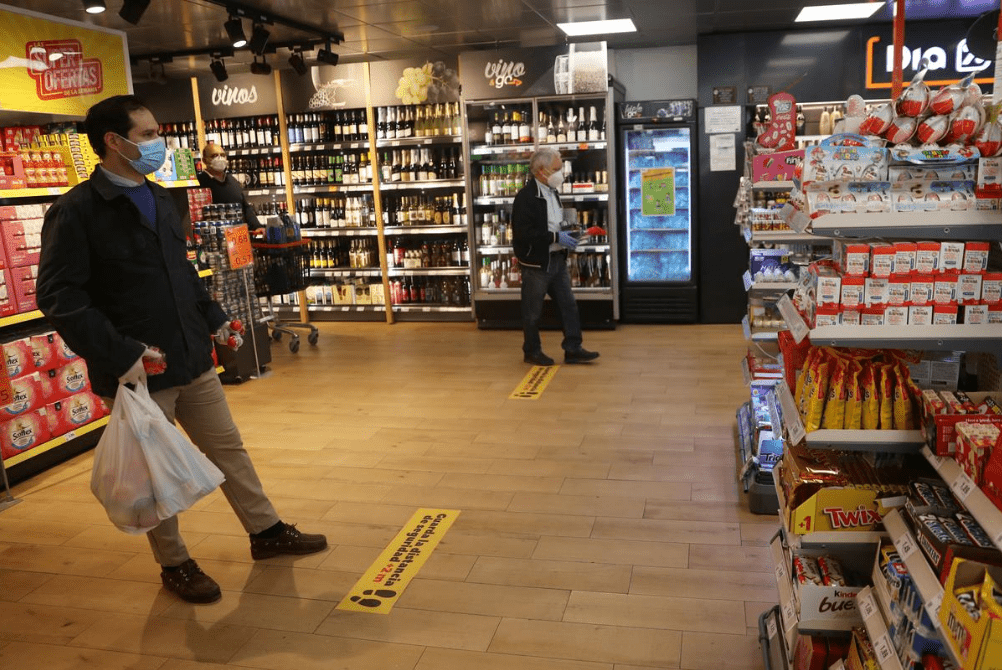
Spain released guidelines on Saturday allowing children to go outside after six weeks living under one of Europe’s strictest lockdowns, as figures showed a daily coronavirus death toll of 378, up slightly on Friday’s 367, the lowest in the past month.
The total of fatalities rose to 22,902 and Spain’s Health Ministry said the overall number of coronavirus cases rose to 223,759 from 219,764 the day before.
Yet Spain sees enough evidence of the virus being under control to start easing its lockdown. Children were trying out their masks in anticipation of their first taste of fresh air since Prime Minister Pedro Sanchez declared a state of emergency on March 14.
The government said under 14s will from Sunday be allowed up to one hour of supervised outdoor activity per day between 9am and 9pm, staying within one kilometre of their home.
Adults can accompany up to three children, who will not be allowed to use playparks and must adhere to social distancing guidelines, remaining at least two metres from other people.
The government has not yet said when confinement measures will be eased for older children.
In Pineda de Mar, northeast Spain, volunteer seamstresses were hard at work making face masks for children ahead of the deconfinement measure.
“More than 100 people are making protective equipment,” the town’s mayor Xavier Amor told Reuters. “We started with masks and then we followed the demand of hospitals, health centres, and nursing homes.”
As bars and restaurants eye a gradual reopening one company is devising safety measures to encourage wary clients to return.
Leganes-based LlenaTuBar, whose name translates as fill up your bar, is fitting dining tables with clear plastic screens to protect customers and installing thermal cameras to detect any patrons with a fever.
“It’s a critical situation for the hospitality sector and if we’re locked down much longer, people will struggle to reopen their businesses,” owner Manuel Gil told Reuters.
As the economic fallout from the virus continues to build, Prime Minister Pedro Sanchez reiterated calls for a pan-European response.
“The depth of the economic downturn and the risk that its effects will persist after the health emergency requires that a foundation be laid for a rapid, balanced, environmentally sustainable and socially just recovery,” Sanchez wrote in a piece for newspaper Expansion on Saturday.
The Health Ministry on Friday changed the methodology for logging cases of the virus. It will no longer count antibody tests and will only include positive results from PCR tests.
Discounting antibody tests puts Saturday’s total number of cases at 205,905 and Friday’s at 202,990.
Sourced From: Reuters: World News
WORLD NEWS
Putin Exploits Coronavirus To Justify Centralized Russian Power
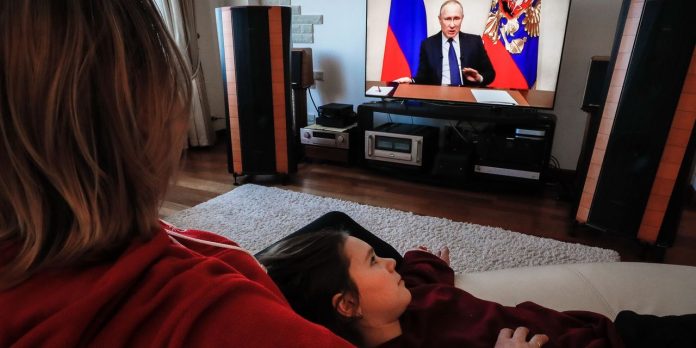
MOSCOW —The coronavirus pandemic has given Russian President Vladimir Putin a fresh opportunity to drive home for worried Russians a recurring theme of his long reign: Western liberal democracies are weak, globalism is fragile and the Russian model of centralizing power in a strong leader is superior in times of crisis.
Throughout much of the pandemic, the Kremlin leader has sought to project strength and calm, assuring his people that the spread of the new coronavirus is under control in Russia, even as it has killed 14,000 and likely more.
Sourced From: NewsPrime.Org
Tribune
Bill Gates Spends $200m On Toilet Turning Human Waste To Fertilizer
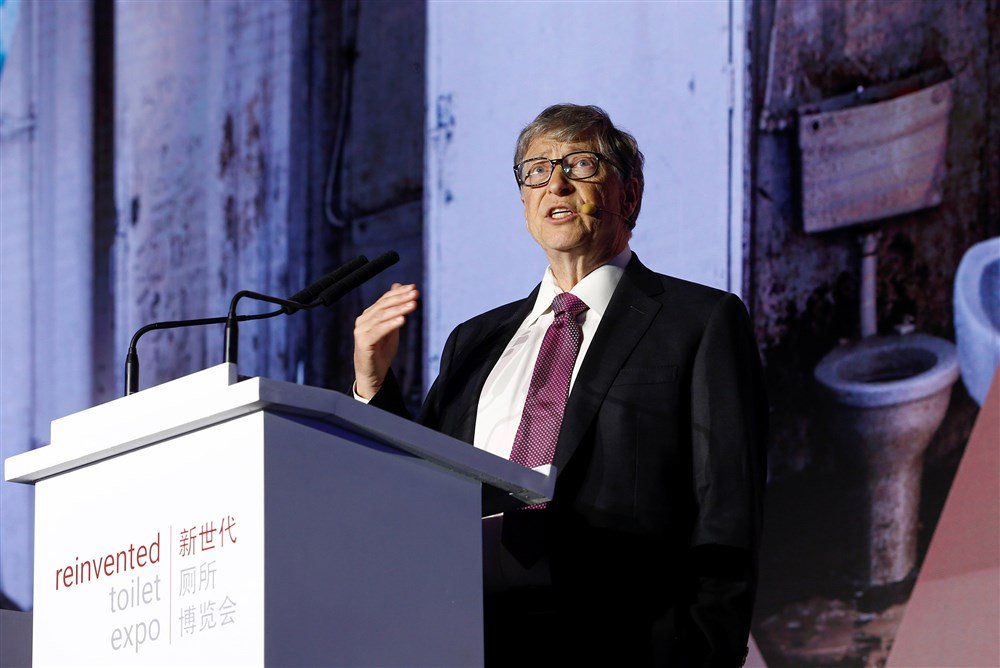
Microsoft co-founder Bill Gates unveiled a futuristic toilet Tuesday that doesn’t need water or sewers and uses chemicals to turn human waste into fertilizer.
It is the brainchild of research projects funded by the Bill and Melinda Gates Foundation, the world’s biggest private philanthropy organization.
There are multiple designs of the toilet but all work by separating liquid and solid waste, Reuters said.
“The current toilet simply sends the waste away in the water, whereas these toilets don’t have the sewer,” Gates said. “They take both the liquids and solids and do chemical work on it, including burning it in most cases.”
He compared the change from traditional toilets to waterless models as similar to development in computing around the time he founded Microsoft in the mid-1970s.
“In the way that a personal computer is sort of self-contained, not a gigantic thing, we can do this chemical processing at the household level,” he said.
Poor sanitation kills half a million children under the age of five annually and costs $ 200 billion a year in healthcare costs and lost income worldwide, according to the foundation.
Gates’ foundation has committed roughly $ 200 million to the toilet project and expects to spend the same amount again before the toilets are viable for widespread distribution.
During a speech at an event in Beijing, Gates held up a clear jar of human faeces to illustrate the importance of improving sanitation.
“It’s a good reminder that in (the jar) there could be 200 trillion rotavirus cells, 20 billion Shigella bacteria, and 100,000 parasitic worm eggs,” he said.
Gates said the next step for the project is to pitch the concept to manufacturers, saying he expects the market for the toilets to be over $ 6 billion by 2030.
The billionaire also lauded the globalized and free trade systems that made the toilet technology possible.
“I honestly believe trade allows every country to do what it’s best at,” he told Reuters in an interview. “So when I talk about components of this toilet being made in China, others in Thailand, others in the United States, you really want to be bringing together all of that IQ so that you’re getting that combination.”
Sourced From: Tribune
WORLD NEWS
U.S. Reimposes Tough Curbs On Iran, Tehran Hits At ‘Bullying’
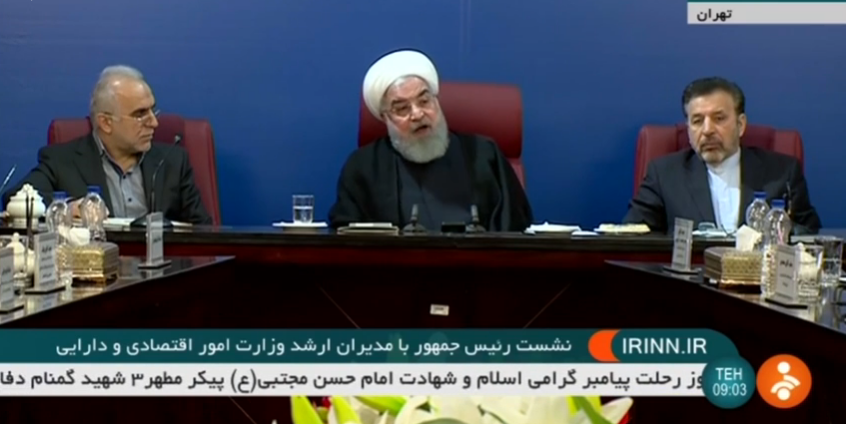
WASHINGTON/DUBAI (Reuters) – The United States imposed strict sanctions targeting Iran’s oil, banking and industrial sectors on Monday and threatened more action to stop Tehran from pursuing “outlaw” policies, steps the Islamic Republic condemned as economic warfare and vowed to defy.
The measures are part of a wider effort by U.S. President Donald Trump to curb Tehran’s missile and nuclear programs and diminish the Islamic Republic’s influence in the Middle East, notably its support for proxies in Syria, Yemen and Lebanon.
“The Iranian regime has a choice: it can either do a 180-degree turn from its outlaw course of action and act like a normal country, or it can see its economy crumble,” U.S. Secretary of State Mike Pompeo told reporters.
“We hope a new agreement with Iran is possible,” he added. “Rest assured, Iran will never come close to getting a nuclear weapon on President Trump’s watch.” Pompeo said.
The move restores, and strengthens, sanctions lifted under a 2015 international agreement on Iran’s nuclear program from which Washington withdrew in May at Trump’s behest.
In a statement, U.S. Treasury Secretary Steven Mnuchin said the move “should make clear to the Iranian regime that they will face mounting financial isolation and economic stagnation until they fundamentally change their destabilizing behavior.”
The sanctions target Iran’s vital oil industry, although major customers such as China and India were given temporary exemptions. They also cover 50 Iranian banks and subsidiaries, more than 200 persons and vessels in its shipping sector, Tehran’s national airline, Iran Air, and more than 65 of its aircraft, the Treasury statement said.
In reaction, a senior Iranian official who declined to be identified said Tehran was not concerned about the sanctions and will not yield to pressure to change its policies.
“BULLYING”
Hours earlier, Iranian President Hassan Rouhani said Iran would to continue to sell its oil despite Washington’s “economic war.” Foreign Minister Mohammad Javad Zarif said U.S. “bullying” was backfiring by making Washington more isolated, a reference to other world powers opposed to the initiative.
European powers that continue to back the nuclear deal said they opposed the reapplication of sanctions and major oil buyer China said it regretted the move.
The sanctions move intensifies a campaign by Trump to force Iran to further limit its nuclear work and halt a missile program, as well as end its support for proxy forces in Yemen, Syria, Lebanon and other parts of the Middle East.
Trump’s national security adviser, John Bolton, said in an interview with Fox Business Network that more sanctions would be coming but he gave no details.
Howard Mendelsohn, a former U.S. Treasury acting assistant secretary for intelligence and analysis, said the sanctions sent a tough message that anyone dealing with Iran will face consequences even if a company or individual is not sanctioned.
“This looks very disruptive,” said Mendelsohn, chief client officer for Kharon, a sanctions data and analytics firm. “It looks like a very serious, very comprehensive action targeting major sectors that are critical for Iranian economic viability.”
Switzerland said it was holding talks with the United States and Iran about launching a humanitarian payment channel to help food and drugs keep flowing to Tehran.
U.S. sanctions permit trade in humanitarian goods such as food and pharmaceuticals, but measures imposed on banks and trade restrictions could make such items more expensive.
Pompeo said Washington granted exceptions to eight importers allowing them to temporarily keep buying Iranian oil. More than 20 nations had already cut their oil imports from Iran, reducing purchases by more than 1 million barrels per day, he said.
Iran’s clerical rulers dismissed the curbs. “Today the enemy (the United States) is targeting our economy … the main target of sanctions is our people,” Rouhani said.
SANCTIONS “ILLEGAL AND UNFAIR”
“America wanted to cut to zero Iran’s oil sales … but we will continue to sell our oil … to break sanctions,” Rouhani told economists, adding the sanctions were illegal and unfair.
“This is an economic war against Iran … We are prepared to resist any pressure,” Rouhani said.
The Belgium-based SWIFT financial messaging service said it is suspending some unspecified Iranian banks’ access to its messaging system in the interests of the stability and integrity of the global financial system.
Trump announced in May his government was withdrawing from what he called the “worst ever” agreement negotiated by the United States. The other parties to the deal – Britain, France, Germany, China and Russia – say they will not leave.
The deal had seen most international financial and economic sanctions on Iran lifted in return for Tehran curbing its disputed nuclear activity under U.N. surveillance.
The European Union, France, Germany and Britain said they regretted the U.S. decision and would seek to protect European companies doing legitimate business with Tehran.
Diplomats told Reuters last month that a new EU mechanism to facilitate payments for Iranian oil exports should be legally in place by Nov. 4 but not operational until early next year.
The eight importers given temporary exceptions from the sanctions to ensure crude oil prices are not destabilized will deposit Iran’s revenue in an escrow account and the funds will be used for humanitarian purposes, according to U.S. officials.
Oil prices rose as the sanctions went into effect, with international benchmark Brent crude up by more than $1 to a session high of $73.92 a barrel. U.S. crude futures were up about one percent at $63.85 a barrel.
Prices rallied to near four-year highs in early October on expectations the imposition of sanctions would create a global supply shortage. However, news of the waivers last week sent prices lower as top buyers would continue to import Iranian oil.
Rouhani said even without the waivers Iran would still be able to sell its oil, semi-official Tasnim news agency reported.
The curbs come as the United States is focused on U.S. congressional and gubernatorial elections on Tuesday. Campaigning in Chattanooga, Tennessee, on Sunday, Trump said his “maximum pressure” against Iran was working.
“Iran is a much different country than it was when I took office,” he said.
“They wanted to take over the whole Middle East. Right now they just want to survive.”
To keep the deal alive, the remaining parties to the Iran accord are trying to maintain trade with Tehran, despite scepticism that this is possible.
Sourced From: Reuters: World News



